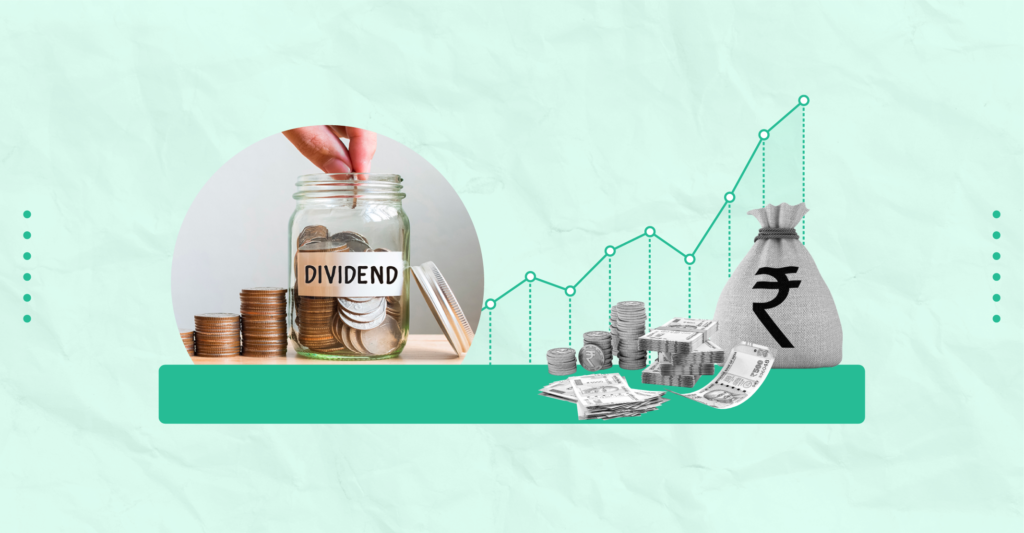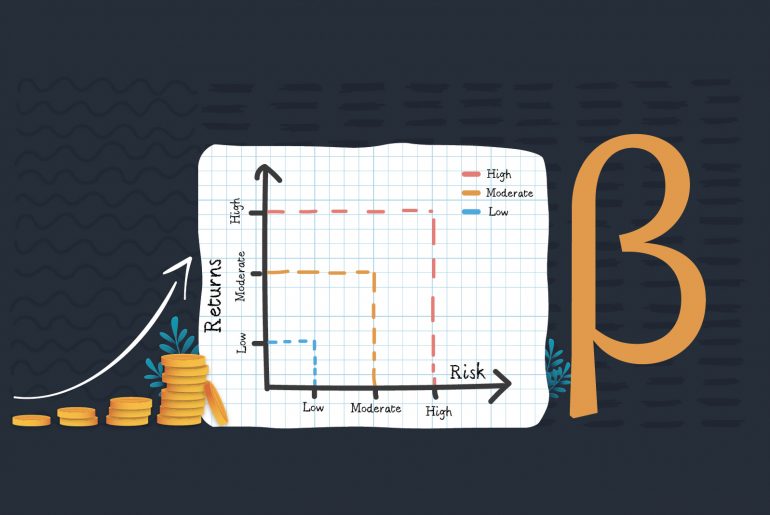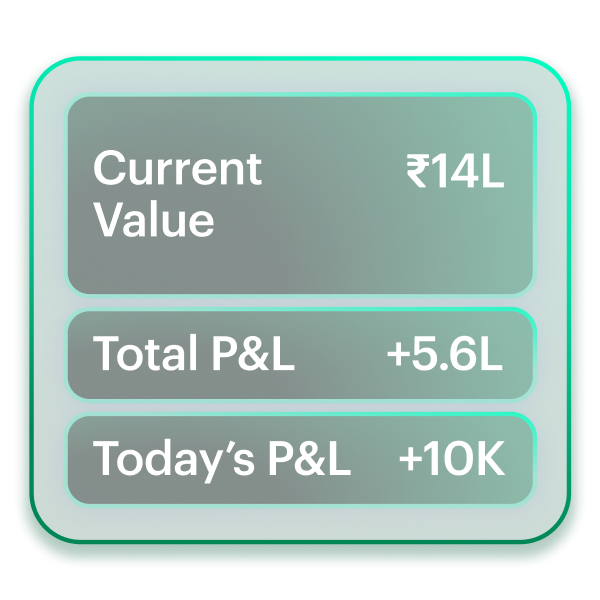Last Updated on Sep 28, 2022 by Aradhana Gotur
When you invest in equity shares, you can earn in two ways – dividends and capital appreciation. The dividend declared by companies is a way of distributing its profits to the owners viz shareholders. There are two types of dividends. In this article, we’ll discuss what is an interim dividend, the final dividend, when they are paid, and how they are funded.
Table of Contents
What is a dividend?
When a company raises capital through equity, it can pay dividends to the shareholders. A dividend is a liability to the company but an income to the shareholders receiving it. A company is not mandated to pay dividends by law. However, when a corporation earns a profit, it has an option to pay a portion of it as a dividend to shareholders.
A dividend is generally calculated as a percentage of profit and distributed to shareholders on a per-share basis. The portion of profits not distributed as dividends is considered to be reinvested in the business.
Interim dividend meaning
An interim dividend is a dividend paid before a company’s Annual General Meeting (AGM) and the release of its final financial statements. This dividend is usually accompanied by the company’s interim financial statements. It can be paid out monthly, quarterly or semi-annually, along with the release of the relevant periodic/interim financial statements.
Interim dividend example
Company A proposed a dividend on 1st July 2022 after releasing its Q2 results. The shareholders approved it and set a rate of 5% per equity share having a face value of Rs. 5. Thus, the interim dividend is Rs. 0.25 per share. The company also set a dividend record date of 31st July 2022 for the payment. This means that only the individuals registered as the equity shareholders of the company as on 31st July 2022 would be eligible to receive this dividend.
Since the dividend declared is in the middle of the fiscal before declaring the audited final financial statements for the year and the AGM, it qualifies as an interim dividend.
Read about other important dates relating to dividend declaration and payment and their impact on the stock price.
How is an interim dividend taxed?
An interim dividend is taxed on a receipt basis. In simple words, it is taxable in the previous year in which you receive it.
When does a company pay dividends?
A company can pay dividends twice a year. Once before its AGM and the next after the AGM. As discussed previously, this is the interim dividend.
The AGM is a shareholders’ meeting that a company conducts each year. During this meeting, it presents the audited financial statements of the last financial year to its equity shareholders. At the same time, the dividend is recommended by the company’s board of directors. Although the dividend is declared by the company’s board of directors, the shareholders give the final approval on its disbursal.

Final dividend
The dividend that a company proposes at its AGM after presenting its audited financial statements for the latest completed fiscal is called the final dividend.
Generally, the interim dividend is the lower of the two dividends paid to shareholders. A company can choose to pay both interim and final dividends in cash and stock.
Is a company mandated to pay dividends?
No. The law doesn’t require a company to pay dividends to its shareholders compulsorily. Companies can choose to distribute their profits as dividends annually, while others may choose not to distribute at all.
Difference between interim dividend and final dividend
The dividend payment time is not the only difference between interim and final dividends. Here are the other factors that distinguish interim and final dividends:
- Declaration and approval: In case of the final dividend, the company’s board of directors propose the idea of paying the dividend, but the shareholders approve the disbursal after voting on the issue. On the contrary, an interim dividend is recommended, voted on, and approved by the company’s board of directors. Although the shareholders don’t approve the disbursal, they have the right to challenge the board’s decision and refuse the interim dividend payment.
- Funding: The final dividend is paid from a company’s current year net profit; however, the interim dividend is paid out of its retained reserves.
Dividends give you an additional source of income. But not all companies offer a dividend. If you wish to invest in stocks that offer dividends, read: Explained: How To Identify High Dividend Yielding Stocks Using Stock Screener.
Be informed that non-payment of dividends doesn’t necessarily make a stock unworthy of investing. Many companies plough back their profits and reinvest them in operations and expansion plans. If the company is able to grow by doing this instead of distributing them as dividends, you, as a shareholder, would stand to benefit from it ultimately.
However, if earning dividends is your primary objective of stock investing, then you may use Tickertape’s Stock Screener to filter such stocks. Be sure to evaluate the company based on other important parameters as well. Not every company that offers dividends could be fundamentally strong. Read Majesco Limited Dividends: About, Sources of Dividends and Important Dates to know why.
FAQs
How does a company fund the final dividend?
Since the final dividend is declared after the final financial statements are released, the company pays it from the relevant financial year’s net profit.
How is an interim dividend funded?
An interim dividend is paid from a company’s retained earnings, a reserve of the profits of the previous financial years. The company is not mandated to pay interim dividends every year.
Is a company mandated to pay dividends every year?
No. A company is not mandated to pay dividends to its shareholders every year. The company is free to declare both interim and final dividends in a particular year and pay either of them or neither at all. The payment of dividends is completely at the company’s discretion.
Are all shareholders eligible to receive dividends?
No, not all shareholders are eligible to receive dividends. Only an individual registered as a shareholder of the company as of the dividend record date is eligible to receive the dividend. So, if you are not a shareholder of the company as of the record date, you won’t be eligible to receive the dividend.
Does non-payment of dividends make a company bad?
No. Non-declaration of dividends doesn’t make a company bad. A company can choose to reinvest its profits into the business instead of paying them as dividends. Evaluating a company based on important parameters should be the first step in identifying stocks, followed by its track record of paying dividends.
Is the interim dividend declared by Indian companies taxable?
Yes. It is taxable in the hands of the taxpayer in the previous year of its receipt.
- List of High Beta Stocks in India: Volatile Shares on NSE - Apr 11, 2025
- Top Large Cap Funds 2025: Discover Blue Chip Performers - Mar 27, 2025
- Gilt Funds in India: Features, Meaning, and Advantages - Mar 13, 2025




